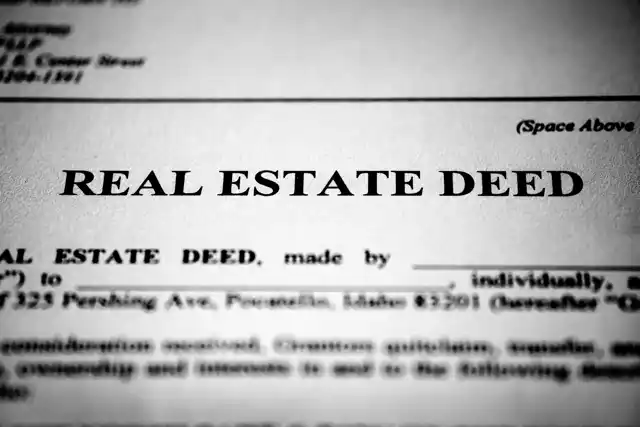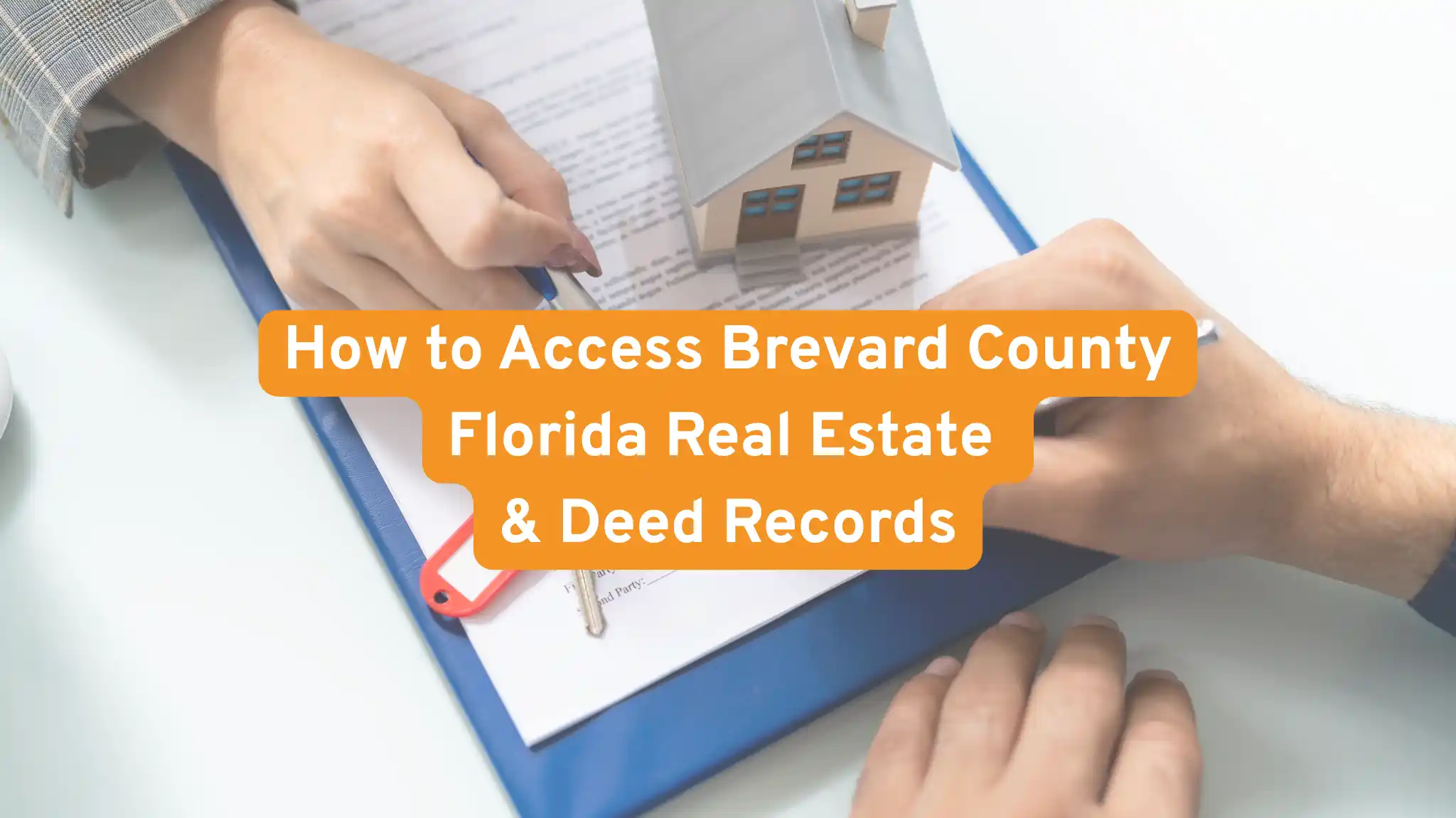Navigating property and deed records in Brevard County, Florida doesn’t have to be complicated. This Space Coast guide shows you exactly how to find official deeds, ownership history, appraisals, tax data, and market signals—so you can move from guesswork to confident decisions.
Introduction
Whether you’re a homebuyer, investor, or researcher, access to accurate official records is essential for verifying ownership, uncovering liens, understanding valuations, and assessing risk. Below you’ll find an easy, step-by-step path to the key resources you’ll use most often in Brevard County.
Understanding Official Records in Brevard County
What are official records?
Official records are public documents that track legal property activity—such as deeds, mortgages, liens, and related instruments. They form the legal trail of who owns what, when transfers occurred, and whether any encumbrances exist.
Why these records matter
- Verify ownership and the chain of title.
- Identify liens, mortgages, judgments, and other encumbrances.
- Confirm legal descriptions and recording dates.
- Reduce title risk before you buy, sell, or refinance.
Key local offices & tools you’ll use
- Clerk/Recorder (Official Records): Search deeds, mortgages, liens, and more.
- Property Appraiser (BCPAO): Parcel search, valuations, improvements, GIS maps, and sales history.
- Tax resources: Review bills, payments, exemptions, and millage details relevant to budgeting.

How to Access Brevard County Official Records Online
Step-by-step for Official Records (deeds, liens, etc.)
- Open the county’s Official Records search portal.
- Select your search mode (party name, book/page, instrument number, document type, or date range).
- Run the search and review the result list for matching parties and legal descriptions.
- Open the document image (when available) to verify details like grantor/grantee and recording data.
- Note the instrument or book/page details if you’ll request certified copies.
Using the Property Appraiser’s website
- Use the property search (by owner, address, or parcel/ID).
- Review the parcel summary—land/improvement values, assessed and taxable values, exemptions, and sales history.
- Open the GIS map to confirm boundaries, neighborhood context, and nearby amenities or features.
- Compare recent sales and valuation trends to gauge pricing and taxes.
Brevard County Property Records Explained
What you can find
- Deed records: Ownership transfers and conveyance details.
- Appraisal/valuation records: Land and improvement values, exemptions, and taxable amounts.
- Tax records: Bills, payments, exemptions, and delinquency status.
- Encumbrances: Mortgages, liens, judgments, easements, and plats.
How to read them effectively
- Match people and parcel via the legal description (lot/block/subdivision).
- Confirm names across deed, appraisal, and tax views for consistency.
- Watch for red flags: rapid resales, repeated liens, or big gaps between sale price and assessed value.
How to Conduct a Brevard County Deed Search
Before you start: gather details
- Owner name (current or prior)
- Property address
- Parcel/ID or legal description
- Approximate date range for the transfer
Run the deed search
- Search by party name, book/page, instrument number, or document type (e.g., Warranty Deed, Quitclaim).
- Filter by dates to narrow results.
- Open the document image to verify the parties, legal description, and recording details.
Verify ownership & history
- Trace the chain of title by following prior deeds.
- Look for concurrently recorded liens or mortgages.
- Cross-check appraisal values and sales history for reasonableness.
If you can’t find a record
Some older or unusual documents may not be fully digitized. Record key identifiers (names, approximate dates, subdivisions) and request staff assistance or certified copies as needed.

Navigating the Property Appraiser & Tax Records
What the Property Appraiser does
The Appraiser assesses property as of January 1 each year, maintains parcel inventories, applies exemptions (like Homestead), and publishes valuations that feed into your tax obligation.
Online tools you can use
- Parcel search: Owner, address, or parcel/ID lookup.
- Valuation dashboards: Land vs. improvements, assessed vs. taxable values.
- GIS mapping: Boundaries, aerials, and context layers.
- Sales history: Recent transactions for comps and pricing checks.
- Exemptions & appeals: Eligibility info and timelines.
Understanding property taxes
- Taxes = taxable value × local millage rates.
- Rates vary by jurisdiction (city/county/special districts) and can change annually.
- Model different scenarios (with and without exemptions) to budget accurately.
Making Sense of Brevard County Housing Market Data
Key indicators to watch
- Average sale prices and price per square foot
- Days on market and absorption
- Active inventory vs. new listings
- New construction activity
- Mortgage rates and affordability
Turn records into insights
- Use deeds + sales history to spot appreciation trends.
- Compare assessed vs. recent sale values to flag under/over-valued properties.
- Leverage GIS layers to evaluate location drivers that influence value.
Frequently Asked Questions (FAQs)
- Are all deed records in Brevard County free to view online?
- Many are viewable online at no cost. Certified copies and some legacy records may involve fees or in-person requests.
- How far back do the official records go?
- The archive is extensive. Very old or non-standard documents might not be fully digitized and can require staff assistance.
- How do I see liens or multiple owners?
- Filter results by document type (e.g., lien, judgment) and confirm against the legal description and appraisal records.
- Can I obtain certified copies for legal purposes?
- Yes. Note the instrument or book/page details and request certified copies through the appropriate office.
- How often are valuations updated?
- Assessments are typically set annually as of January 1 and posted on the Property Appraiser’s platform.
Simplify Property Ownership with OSTO Property Management
Own property in Brevard County? Let OSTO Property Management handle the hard work — from tenant placement to maintenance and rent collection — while you focus on what matters most.
📞 Call: (321) 294-2276
💻 Visit ostopm.com


